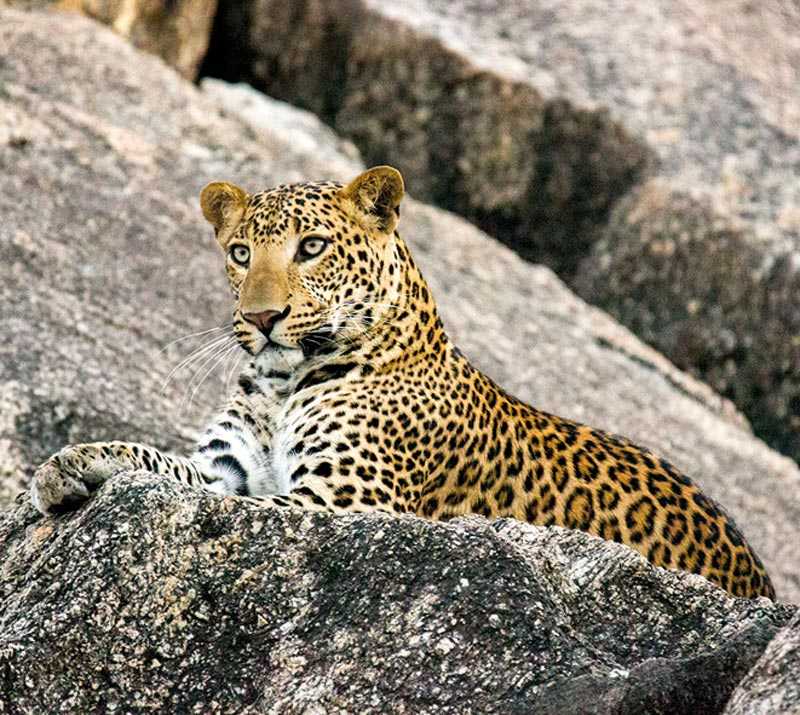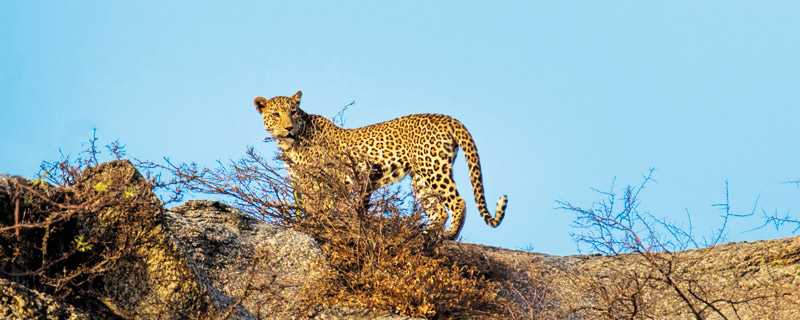Wednesday Feb 18, 2026
Wednesday Feb 18, 2026
Thursday, 21 January 2021 00:00 - - {{hitsCtrl.values.hits}}

Leopards of Jawai by Shatrunjay Pratap
|
Shatrunjay Pratap Singh
|
Jawai sits right between Jodhpur and Udaipur India. It is known as the land of shepherds and leopards. It is one of the few regions in India perhaps in the world, where human beings and big cats have peacefully coexisted for over 100 years.
Leopards of Jawai is a story of the harmonious relationships shared by the leopards and the local Rabari tribes of the region. Yet this pastoral region of just less than eight square miles in the Aravalli hills between the tourist meccas of Udaipur and Jodhpur contains the largest concentration of leopards on the planet. The leopards’ conspicuous presence is due to a unique relationship with the Rabari, a tribal caste of semi-nomadic cattle herders and shepherds.
With Sri Lanka coming out of the worst-ever year for its big cats, with over 13 reported deliberate killings, it’s important to look at unique stories of harmony between man and the leopards of the region and adapt possible best practices.
Shatrunjay Pratap is a wine-maker-turned-conservationist and wildlife cameraman. He co-authored the book ‘Leopards and Shepherds of Jawai’ and was the cameraman on National Geographic’s special program Wild Cats of India. After spending almost all his life with wild animals, he’s learnt and understood nature’s rules and has witnessed the cruel outcome of human beings who don’t respect or abide by those rules.
“There is a deep-rooted synchrony between everything we find in nature. Animals and plants, all know their place and responsibilities, while understanding that they are a part of the natural order. We, as humans, foolishly think that we are separate from all of this and therein lies the problem. If we can be humble and accept that we are a part of nature, and not separate from it, we can learn to do things in synchrony with nature, all in a way that is sustainable to all life.”
The WNPS public lecture is presented in association with Nations Trust Bank and open to all.
Please sign up here: https://forms.gle/WixytWxKKSWhQ3a8A.
